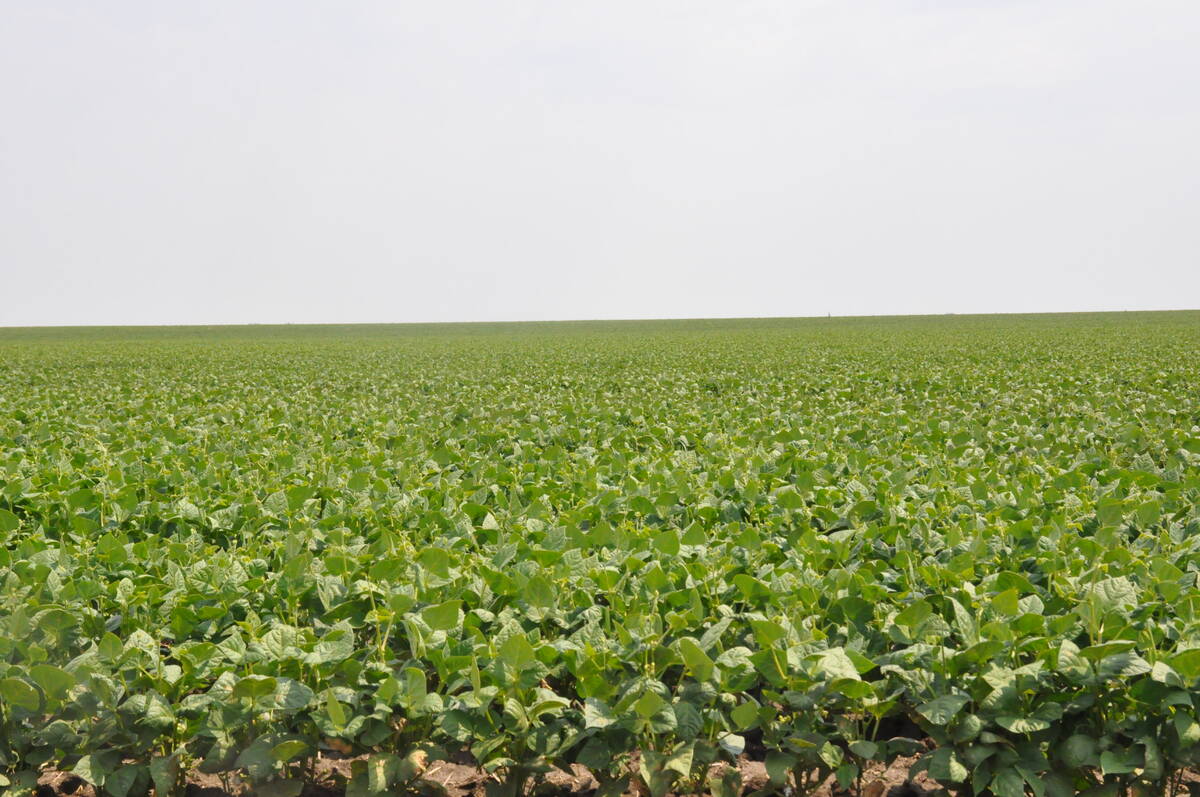The law of unintended consequences is playing itself out as Canadian beef processors and renderers carry the heavy costs of the enhanced feed ban.
The Canadian Cattlemen’s Association is pushing the federal government for a financial package to help packers and renderers adjust to the added cost of separating and disposing of ruminant body parts thought to harbour BSE infectivity.
The federal government had provided $80 million to help offset capital costs in the plants for things like bins and conveyor belts.
Since last July, specified risk materials like eyeballs, glands, nerve tissue, skulls, brains and parts of the digestive tract are banned from food, animal feed and fertilizer. The result is an added cost of $50 to $80 per head processed, something U.S. companies do not pay.
Read Also

Coloured bean production down, whites are up
Bean prices have been slumping and the outlook is for more of the same.
“This industry is not going to operate with a cost that is $50 to $80 higher,” said Brad Wildeman, president of the Canadian Cattlemen’s Association.
If help does not come soon, Canada risks losing packers and in the case of the multinational operations, they may shut down and export Canadian cattle to their plants in the U.S., he said.
It is partly a perception problem because during the height of the BSE crisis, Canadian packers made considerable profits. Now they are losing money because of the higher Canadian dollar, increased labour costs and higher regulatory burdens.
“In Ottawa there is not a lot of appreciation to pay packers for anything,” Wildeman said.
The costs vary from plant to plant and depend on location. In Atlantic Canada or British Columbia, specified risk materials (SRM) must be hauled away, whereas other plants operate their own rendering facilities.
Lakeside Packers in Brooks, Alta., and Cargill Foods at High River, Alta, rely on rendering companies to deal with the SRM.
In addition to added handling costs, the market for Canadian meat and bone meal has dried up because little can be exported.
West Coast Reductions, which handles the rendering needs of everything from small butcher shops to the large federal plants in B.C., Alberta and Saskatchewan, has incurred additional costs because the workload has doubled, said president Barry Glotman.
“We added a tremendous cost to the Canadian beef industry and we are not in harmony with the U.S.,” said Glotman.
The company handles all the material for XL Foods and the SRMs for Lakeside and Cargill. SRM is separated and processed separately at the company’s Calgary plant. Meat and bone meal containing the risk material is then hauled and buried at a special landfill at Coronation in central Alberta.
“We are taking a valuable protein and throwing it away,” Glotman said.
Work continues to find other uses for the material but at present it remains a disposal problem.
Another added cost is dealing with deadstock. Prior to the BSE outbreak in 2003, the company had a pickup service and paid for the carcasses. Now it charges 6.5 cents per pound for pickups in Alberta and Saskatchewan and 7.5 cents in B.C. because of the added freight. People do not want to pay so they dispose of dead animals themselves, adding to disease and environmental problems, said Glotman.
“If the service doesn’t get supported, then there won’t be a service.”















